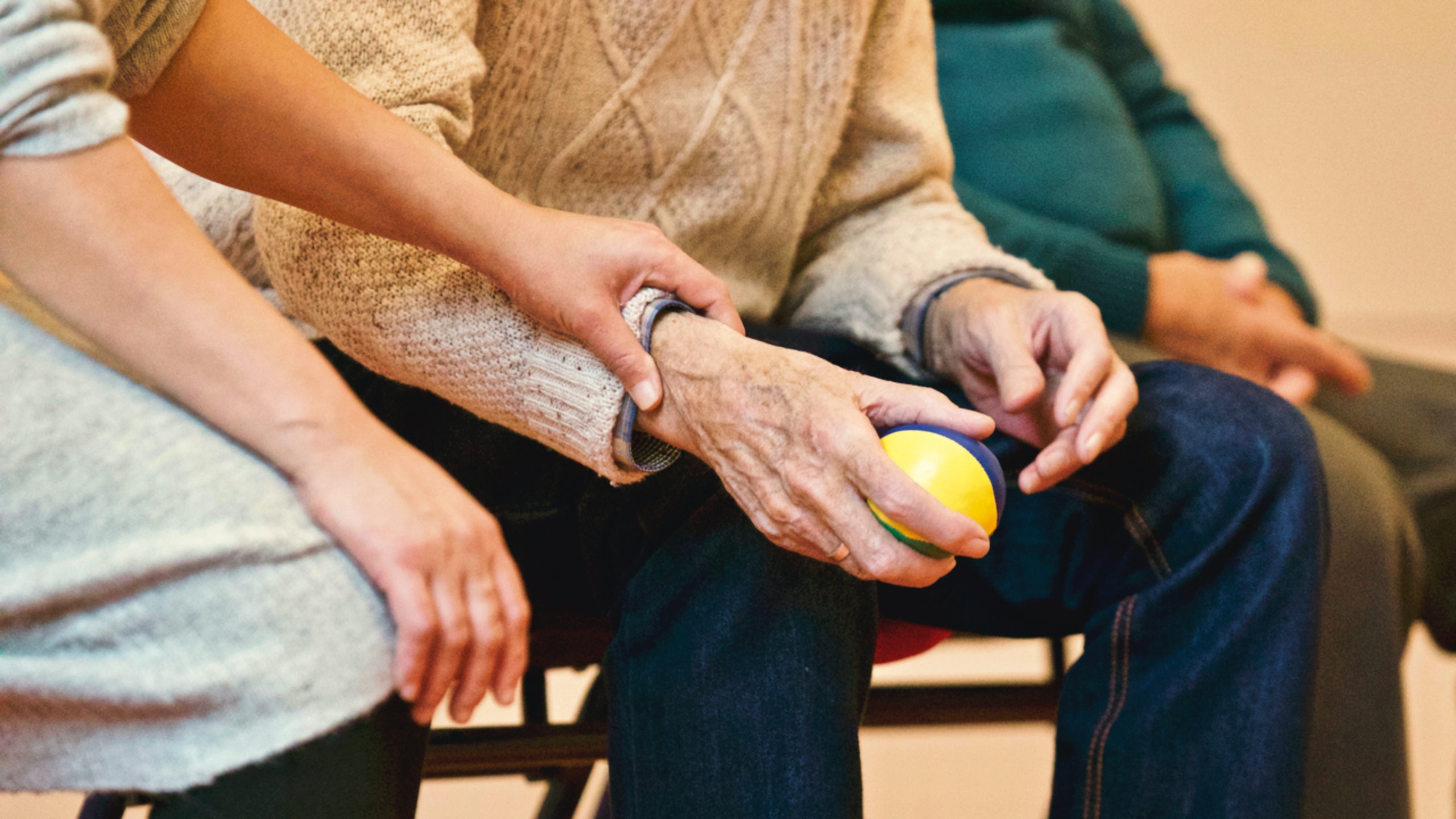Research shows that approximately 40 million caregivers in the US provide support and direct assistance to adults with a disability or illness. Caregiving can be tedious and complex, and it often requires emotional, physical, and financial considerations.
Caregiver loneliness is a particularly concerning problem, as many caregivers struggle with feeling underappreciated, isolated, or afraid in their roles. And even though such loneliness is relatively common, people aren’t talking about its impact as much as they should.
Here is what you need to know.
What Is Caregiver Loneliness?
Caregiver loneliness refers to feeling isolated, misunderstood, or alone in caregiving. It can happen to anyone, but it may be more pronounced in younger people, those with histories of depression or anxiety, and people who work full-time.
The symptoms of caregiver loneliness can vary, but they often include:
- feeling detached from the outside world.
- feeling disconnected or estranged from other friends or family.
- an increasing sense of resentment towards caretaking duties.
- irritability.
- sadness.
- disproportionate guilt or feelings of responsibility.
- boredom or a sense of having no purpose in life.
- a persistent longing for returning to the way things were in the past.
These symptoms can intersect with feelings of caregiver burnout, which often happens when you feel stretched too thin in your role. Both loneliness and burnout can compromise your well-being and negatively impact the relationship with your loved one.
Why Does Caregiver Loneliness Happen?
All caregiving requires some form of emotional sacrifice.
Caregiver loneliness often occurs in response to the significant lifestyle changes associated with caretaking. For instance, you might now spend most or all of your free time in this role. This shift naturally affects the time you can allocate for other relationships.
At the same time, you might believe nobody else can understand your situation. As a result, you might subconsciously withdraw from other people. It can be challenging to explain why you feel tired or angry or sad, especially if you think your friends won’t “get it.”
Finally, you may (naturally) feel irritated or jealous if they’re enjoying exciting changes or out having a good time. But, while they’re continuing with their lives, it can feel excruciating to feel like you don’t have that option. And if you identify as not wanting to a burden, it can be difficult to express your feelings with others.
How Can You Cope With Caregiver Loneliness?
The first step is recognizing and validating your feelings. For example, it’s okay to feel lonely sometimes. But if you don’t do anything about it, your mental health may suffer dramatically. This can affect other areas of functioning, such as your job, finances, relationships with others, and physical health.
Reach Out to Friends
Even if you’ve withdrawn from your friends, it may be beneficial to start tackling loneliness by taking small steps. Sending a quick text message or arranging to meet up for coffee can help chip away the loneliness barrier.
Keep in mind that your friends might not fully understand what’s going on. That said, if they care about you, they will be willing to listen and support you as best they can.
Examine Respite Care Options
All caregivers need a break. First, it might be helpful to ask other friends or family members if they have any ability to provide you with some relief.
If your care recipient cannot look after themselves safely, consider consulting with their physician or a local home care agency to discuss potential care options. Respite care services can provide relief anywhere from a single morning to several weeks. These services can occur at home or in a specified healthcare facility.
Consider Joining a Support Group
Participating in a caregiver support group allows you to explore your feelings among like-minded individuals safely. Some groups follow specific curriculums, whereas others provide more open-ended support and discussion.
These groups can be invaluable for helping you feel validated and understood. If scheduling is tight- or if you live in a more rural area- consider joining an online group.
Maintain Your Identity
It’s easy to lose yourself while taking care of someone else. However, you are a whole person, and you deserve to protect your inherent uniqueness.
Your hobbies, priorities, and needs matter, and you need to make room for them. Try to implement more self-care in your routine, even if time feels limited. Consider scheduling time for yourself just like you might schedule any other necessary appointment.
You might feel guilty for spending time away from your care recipient. If that’s the case, remind yourself that self-care gives you the energy to be more present and attuned to your loved one.
How Therapy Can Help
Caregiver loneliness can be an underlying symptom of complicated grief, depression, or anxiety. In addition, if you have a complex relationship with your care recipient, the loneliness might also coincide with guilt and shame.
Therapy offers a safe, nonjudgmental space to explore this loneliness. Together, we will discuss coping strategies to manage your feelings and protect your well-being.
Caregiving can certainly be tough, but you don’t need to sacrifice your mental health while doing it. Contact me today to schedule a consultation.

